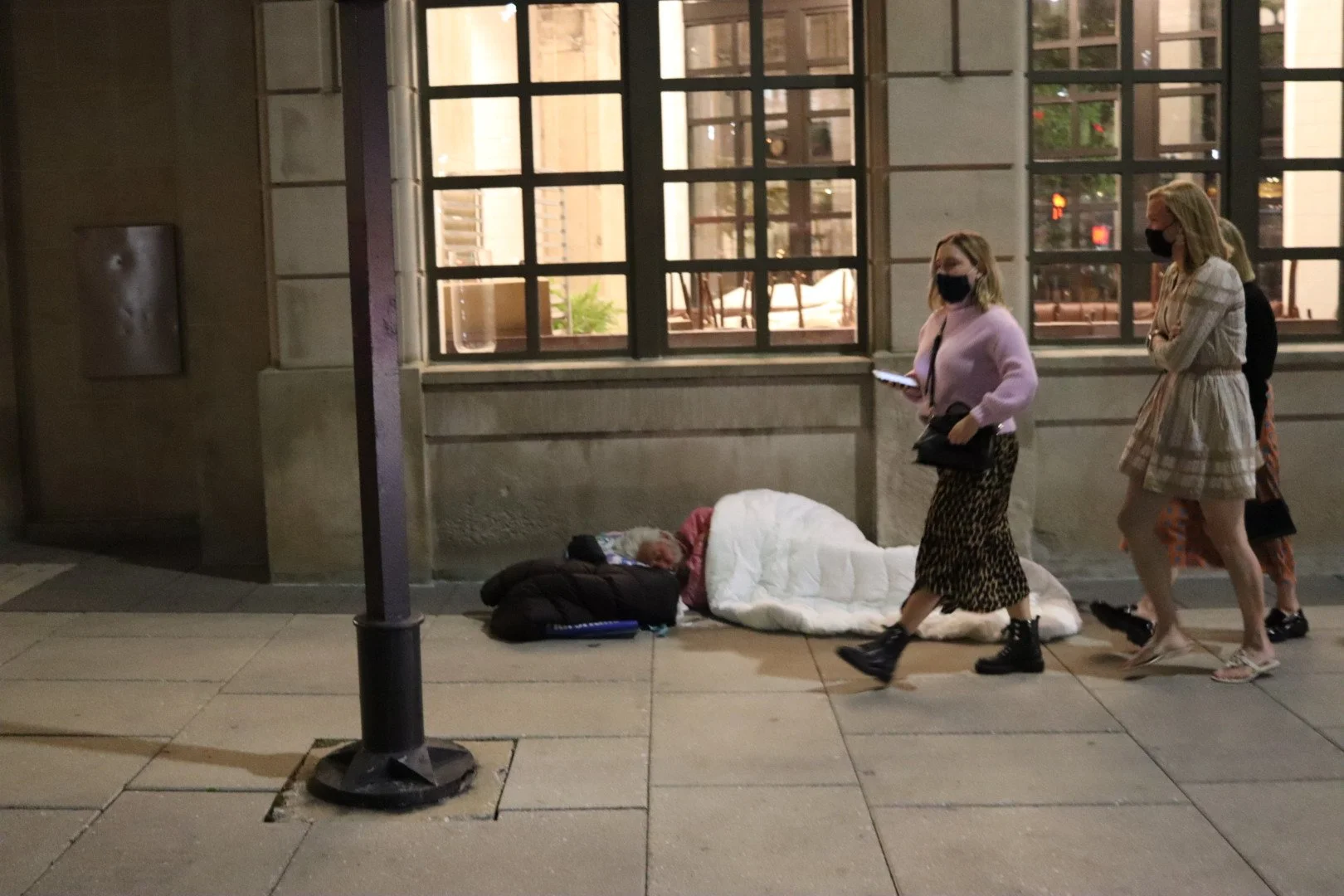From [HERE] An incarcerated man sued Alabama, claiming state officials were deliberately indifferent to the risk of sexual violence in the state’s prisons. As the judge noted in 2023, Jacob Barefield’s complaint listed terrifying, credible examples. But something else caught the judge’s eye—the State’s response when asked why it spent over $10 million fighting such lawsuits.
We are “an easy target,” the State’s lawyers wrote in a court filing, and “baseless claims must still be defended.” Besides, the State said, Mr. Barefield’s complaint had not “plausibly” claimed a pattern of unchecked sexual violence.
U.S. District Court Judge W. Keith Watkins wrote:
Did they read the complaint? If they had then they would know that such a violent environment is exactly what [the plaintiff] alleges, and arguments to the contrary are disingenuous, if not bordering on outright dishonesty.
In Alabama, people incarcerated in overcrowded and understaffed prisons are routinely raped, sexually abused, and subjected to horrific sexual violence. Twenty years after Congress unanimously passed the Prison Rape Elimination Act (PREA), sexual violence in Alabama’s prisons is at an all-time high.
For years, officials have been notified about a pattern of sexual assaults, rapes, and brutal attacks. Last year, the Alabama Department of Corrections received almost daily reports of prison sexual assaults.
Mr. Barefield’s complaint, filed in federal court, details allegations of a harrowing episode at an Alabama prison.
According to the complaint, Mr. Barefield, 25, was standing in the canteen snack line at Ventress Correctional Facility, a sprawling medium security prison in southeastern Alabama, on Sunday morning, November 11, 2018, when an incarcerated man wearing a teal wristband approached him with a knife.
The wristband meant the man lived in F Dorm, the section of Ventress reserved for prisoners with recent serious infractions and needing the highest level of management. LL, the man flashing the knife at Mr. Barefield, had been transferred to Ventress from St. Clair, a maximum security prison where he had allegedly stabbed a man to death in a fight five years earlier.
LL’s wristband signaled that he had no business being in the canteen that morning with Mr. Barefield and the other men there. But no guard was there to stop him. LL encountered not a single guard as he walked Mr. Barefield out of the canteen at knifepoint, across the prison yard, past a number of buildings, and toward F Dorm.
The complaint alleges that Ventress officials knew Mr. Barefield might be a target. They had determined that he was especially vulnerable to sexual assault. He wore the yellow wristband of C Dorm, whose residents are not allowed in F Dorm. But the guard at the door to F Dorm did not check his wristband, and no correctional officer was on duty inside the dorm.
The door should have been locked. It wasn’t. LL opened it and forced Mr. Barefield into the open-bay dorm, a big room that housed more than 100 men classified as high risk.
Marching his captive past the rows of metal bunk beds, LL forced Mr. Barefield onto a lower bunk. A nearby television had its volume turned all the way up. Sheets and blankets hung from the upper bunk, creating a makeshift tent, or “hump” in Alabama prison slang, that concealed what went on inside.
LL told another prisoner he was going “to show him how to take control of another inmate.” Then he entered the tent.
What happened next, according to the complaint, is described by Judge Watkins in his August 22, 2023, memorandum opinion in Mr. Barefield’s lawsuit:
There, in the middle of the morning, in a violent offender’s dorm that Barefield should never have been allowed to enter, in a crowded area that should have been supervised by a guard, in a makeshift tent that should have been immediately taken down, using a knife that should have been confiscated, [LL] raped Jacob Barefield…The T.V. drowned out any cries.
After the rape finally ended, LL and another incarcerated person held Mr. Barefield hostage inside the ”hump” for more than five hours. During that time, in violation of Ventress policy, no guards patrolled or even monitored surveillance cameras in that section of F Dorm.
If Mr. Barefield told anyone what had happened, he’d be killed, LL warned.
When a prison official arrived to do the daily count before dinner, LL released Mr. Barefield, who immediately sought aid. He told the shift commander in the yard he had been attacked and repeatedly asked for his help.
The commander did not take a statement or file a report, as required. He did not direct Mr. Barefield to the infirmary or ask who had raped him. He simply ordered him back to C Dorm.
That night Mr. Barefield telephoned a friend and asked her to report the rape to the warden and other supervisors. She did, promptly. But Mr. Barefield’s suit said that for two days, in violation of the Prison Rape Elimination Act, those officials took no action.
Weeks later, Warden Michael Strickland barged in on a meeting between Ventress’s PREA compliance officer and Mr. Barefield. As the ultimate authority at Ventress, the warden said to Mr. Barefield “something along the lines of ‘grow some hair on your chin,’” Judge Watkins wrote.
“If true,” Judge Watkins wrote, “the allegations in this case tell a horrific story about excessively dangerous conditions in another Alabama state prison—and the failures of authorities to fix them.”
The judge added this footnote:
This case does not come to the court in isolation. In the past year, several courts have found viable allegations of unconstitutionally violent conditions of confinement throughout the Alabama prison system. The common themes in these cases are easily detected: understaffing, overcrowding, proliferation of contraband weapons, and abject failures to monitor and supervise inmates—all of which have allegedly led to the highest rates of inmate-on-inmate violence in the country. And those failures, especially concerning egregious understaffing, are not new. Over five years ago, the Commissioner of the Alabama Department of Corrections (ADOC) was ordered to staff Alabama prisons at a constitutionally adequate level. He has not yet done so.




















































































































































































































































































